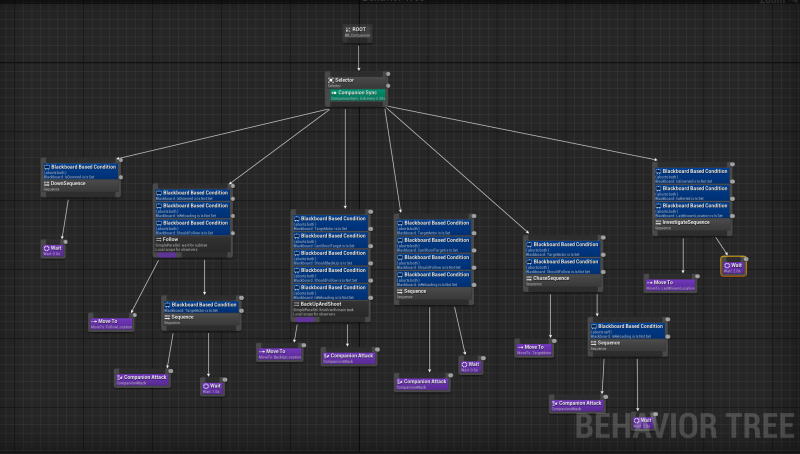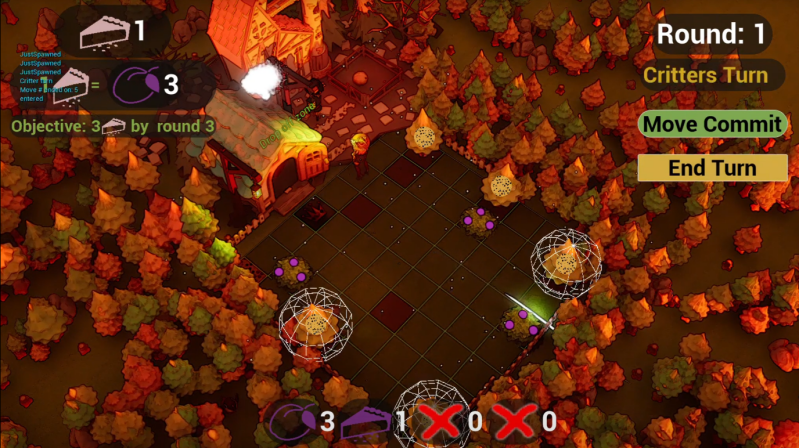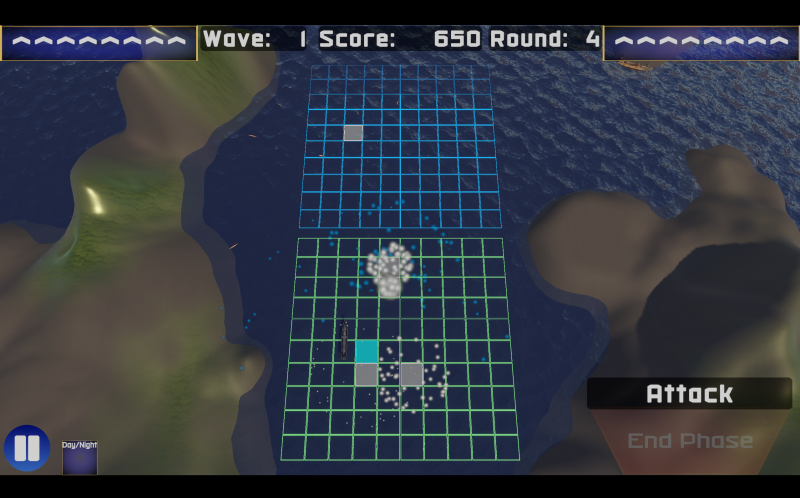Whisper Of The Dead

Role/Responsibilities:
Game Designer, AI Systems Developer, Programmer, UI (Solo Project)
Tools Used:
Unreal Engine 5, C++, Behavior Trees, Perception System, Subsystems
Description:
A third-person survival shooter emphasizing emotional tension, choice-driven outcomes, and adaptive NPC behavior. The project integrates a dynamic AI ecosystem where both allies and enemies react intelligently to player actions, supporting immersive storytelling and balanced challenge.
Research Summary:
Whispers of the Dead’s adaptive AI design draws from Goal-Oriented Action Planning (GOAP) and dynamic Behavior Tree methodologies, similar to the combat AI in F.E.A.R. (Orkin, 2006). It also applies affective player-modeling principles from Yannakakis and Togelius (2018), supporting emotionally reactive companions that respond to player behavior and environmental tension.
Backyard Bakery

Role/Responsibilities:
UI Designer, AI Systems Programmer (Team Project)
Tools Used:
Unreal Engine 5, Blueprints
Description:
A turn-based cooking puzzle where players collect ingredients on a grid before insects consume them. The design emphasizes readability, timing, and user flow through accessible UI and clear player feedback loops.
Research Summary:
Backyard Bakery (Dream Team, 2025) draws on design research around player readability and cognitive load in strategy-based UI systems. The project applies principles from Federoff’s heuristic evaluation of game usability (Federoff, 2002) and Nielsen’s usability heuristics (Nielsen, 1995) to ensure accessible interface design and clear moment-to-moment player feedback within Backyard Bakery’s turn-based structure (Dream Team, 2025). These usability-driven methods supported iterative improvements to timing, clarity, and decision readability, resulting in a more intuitive, responsive, and engaging puzzle-strategy experience in Backyard Bakery (Dream Team, 2025).
Chaotic Battleships

Role/Responsibilities:
Systems Designer, QA, Programmer (Team Project)
Tools Used:
Unity, C#
Description:
A 2D turn-based strategy game inspired by Battleship, featuring strategically placed enemies, customizable upgrades, and grid-based combat with dynamic firing and movement systems. The design emphasizes tactical pacing, player clarity, and balanced wave progression through iterative testing and refinement.
Research Summary:
This project applied research on player flow and procedural AI behavior to balance challenge and engagement in Chaotic Battleship (Ace Studios, 2025). The design draws on foundational principles from Fullerton (2019) and Adams (2014), which focus on maintaining cognitive pacing between turns and wave progression. In this context, upgrade systems are designed to reinforce a rhythm of mastery and reward within Chaotic Battleship’s tactical structure (Ace Studios, 2025). Additionally, design decisions were influenced by Advance Wars (Nintendo, 2001) and Into the Breach (Subset Games, 2018), guiding the implementation of turn-based clarity and adaptive enemy behavior to support sustained player agency. These concepts were central to balancing and refining Chaotic Battleship’s mechanics (Ace Studios, 2025).